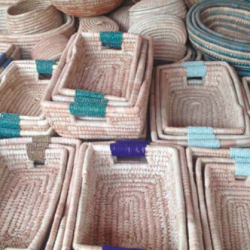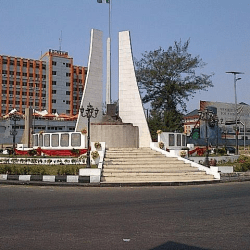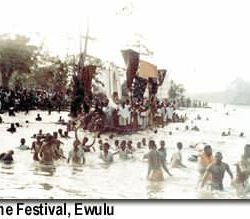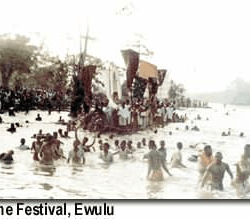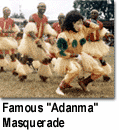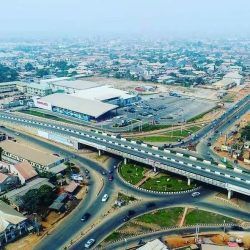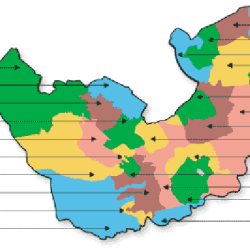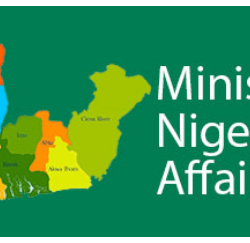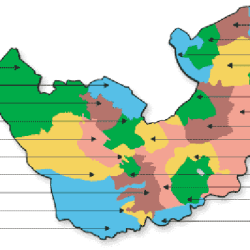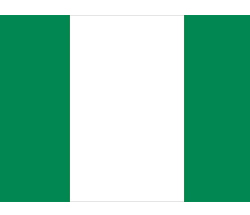The people of the state are well known for their arts and crafts. The unique mask heads of the various ethnic groups reflect the maturity of Delta State’s art works. The intricate colours the masks wear are symbolic of the colour mix the people have been involved with over time. Many of these exotic collections are yet to find their way into the national museum.

The State Council for Arts and Culture was set up to promote, propagate, preserve and present the rich cultural heritage of the people of the state. It executes its programmes by organizing festivals of arts at local government levels, arranging the state’s participation in arts festivals at the national level, serving as the cultural centre of the state, organizing and conducting lectures, demonstrations and research into matters relating to the arts and culture of the state, publishing or sponsoring the publication of literature on the arts and culture of the state, selecting, sponsoring and making necessary arrangements for the performance of dance troupes, theatrical and similar clubs to undertake tours within and outside the state. Also, it establishes and maintains galleries, museums and historic monuments.

To promote the state’s cultural heritage, the council maintains a professional dance troupe, which provides cultural entertainment at functions organized by the government, organizations or individuals on request. The Midaka cultural group, one of the numerous cultural groups under the umbrella of the council, represented Delta State at Abuja on December 12, 1991 when the seat of the Federal Government was formally moved to Abuja.

The council organizes festival of arts and culture annually at the local government and state levels. The finalists are subsequently groomed in preparation for national and international competitions.

Delta State has produced some renowned artists. These include Bruce Onobrakpeya and Demas Nwoko. Bruce Onobrakpeya has won many local and international awards for his paintings and etchings, which are highly informed by his Urhobo folklore background.

In recent times, there has been an upsurge in the production of the state’s crafts for commercial purposes and export. Owing to the artistic qualities of these crafts, they now attract attention in the international market. The most popular crafts are hand-woven cloths (Otogwu or Akwa-Ocha), pottery, mats, cane baskets, cane chairs and tables, sculptures and ceramic decorations. Colourful sleeping mats are produced in many parts of Bomadi, Burutu, Ughelli, Warri, Okpe, Sapele and Ethiope local government areas. Patani, Okwagbe and Igbodo are noted for mat making. Leather fans are made principally in Warri, Okpe, Ethiope, Sapele and Ughelli local government areas.

The women are well-known for their dexterity in pottery. They produce a variety of earthenware items including cooking pots, bowls, mugs, the traditional “ukoko” pipe and water pots. Beautiful specimens abound in Oto-Edo, Ugherwughe, Otu Jeremi and Okwagbe. Some homes in Delta State still serve their soup in earthen pots, which are cherished because of their capacity to keep their contents warm for a long time.

The Izons, Urhobos, Itsekiris and Igbos in the riverine districts are well known for their canoes which are a favorite means of transportation in those areas.
Reference: deltastate.gov.ng/culture%20and%20traditions-arts&artifacts.htm
Delta
Delta is an oil rich state located in the Niger Delta area of Nigeria.
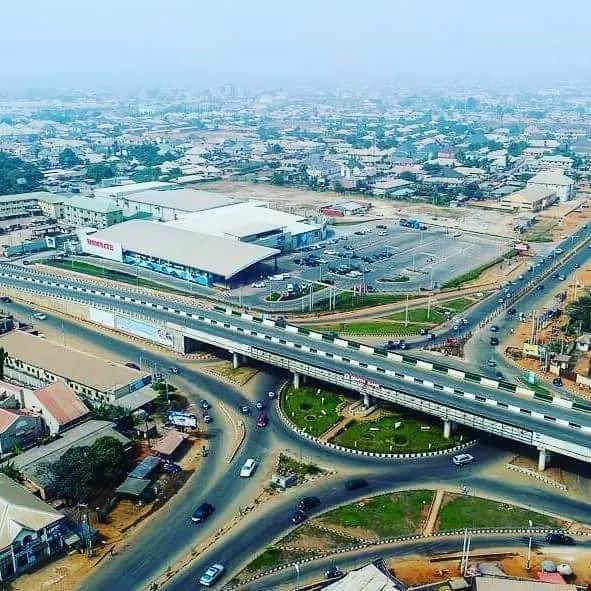
Name: Delta State of Nigeria
Founded: 27Aug, 1991
Administrative capital: Asaba
Commercial capital: Warri
The state is largely a peaceful and beautiful place known for: Oil wealth, two prominent cities of Warri and Asaba and for notoriety in cybercrimes and ritual killings.
Some of the young men can be very notorious daring to have a showdown even with law enforcement officers.
Delta has many ethnic groups. Top on the list are Ijaw and Igbo
Besides oil, Delta State is an agricultural producing state with large harvests of cassava and other crops.
It is situated in the region known as the South-South geo-political zone with a population of over 7 million persons.
The capital of Delta State is Asaba, located at the northern end of the state, with an estimated area of 762 square kilometres (294 sq mi).
Warri is the economic nerve center of the state and also the most populated. It is located in the southern end of the state.
Delta state has a total land area of 16,842 square kilometres (6,503 sq mi).
There are various solid mineral deposits within the state – industrial clay, silica, lignite, kaolin, tar sand, decorative rocks, limestone, etc.
These are raw materials for industries such as brick making, ceramics, bottle manufacturing, glass manufacturing, chemical/insulators production, chalk manufacturing and sanitary wares, decorative stone cutting and quarrying. But these minerals are under-utilized.
Delta state also has huge deposits of crude oil and is also one of the largest producers of petroleum products in Nigeria. Sales of petroleum products is what majorly drives its economy.
Delta State has some historical, cultural and socio-political tourist centers that attract visitors from around the globe. Some of these sites of tourism include:
Nana’s Palace built by Chief Nana Olomu of Ebrohim.
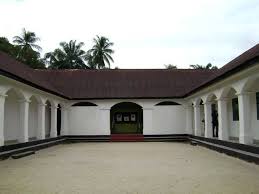
He was a powerful 19th century indigenous entrepreneur who traded with the British. The relationship eventually turned sour.
Later, he surrendered (not without putting up a fight) and was exiled to Ghana. His personal effects are housed in this grand palace.
River Ethiope which is reputed to be the deepest inland waterway in Africa (at 176 km).
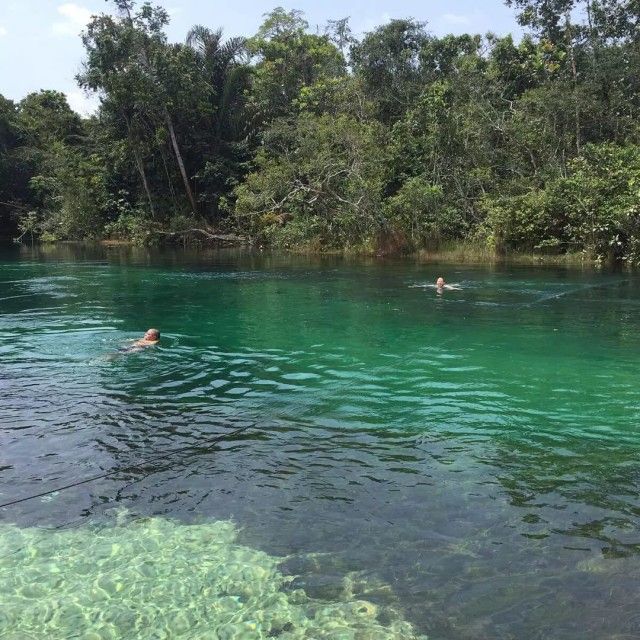
Its source is at the foot of a giant silk-cotton tree at Umuaja in Ukwuani Local Government Area of the state and flows through seven Local Government Areas in the State. It is a place of worship for Olokun traditional religion and also a common site for faithfuls of the Igbe Religious Movement.
Araya Bible Site which houses a copy of the Holy Bible. It is believed that the bible descended to this spot miraculously from heaven around August, 1914.
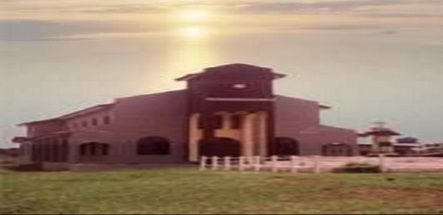
The bible dropped on rain-soaked yam and it didn’t get wet. The site now attracts thousands of Christians yearly.
Demas Nwoko Edifice which was built using traditional materials, designs and construction techniques of the Igbo civilization and the Benin Empire by Demas Nwoko, an architect, builder and artist of international repute from Idumuje-Ugboko, in Aniocha North Local Government Area, Delta State.
TMungo Park House which is now the site of the National Museum, Asaba. The house was constructed by the Royal Niger Company (RNC) in 1886 and was used as a colonial administrative headquarters, a military house, the colonial administrative divisional headquarters, the RNC Constabulary building, and the seat of the Urban District Council at different times.
Niger Bridge which connects Delta State (by extension, western Nigeria) to the Eastern part of Nigeria. It is a beauty to behold. It was completed in 1965 and cost £5 million. It was damaged during the civil war, but later repaired.
Lander Brothers Anchorage, Asaba which was built in memory of early British explorers. The complex has a museum, a graveyard, and many artworks and writings. It houses a replica of one of the boats that was used by the brothers.
Warri Kingdom Royal Cemetery which is 512 year old burial ground and serves as the resting place of past rulers of Warri kingdom.



